Non GMO Coffee: Comparison Across Nations
Non GMO Coffee: Labeling Standards In Different Countries

Planning on selling coffee to international markets? Want to drop ship non-GMO coffee from other countries? Across nations, consumers want coffee that’s not genetically modified.
- But each nation has different standards for selling and labeling GMO and non-GMO foods.
- Only some countries require labels on genetically modified food.
- Other countries don’t require those labels.
- So, in those nations, voluntary programs label coffee and other food without genetically modified ingredients.
You’ll need to stay informed about these standards. After all, they’re important for coffee and any other food and drinks you plan to sell.
In this article, I’ll explore and compare labeling standards of the UK, the United States, Canada and Australia. Stay informed so you can offer your customers non-modified coffee!
Applications for Coffee in All Countries

Availability of Unmodified Coffee
- No genetically modified coffee beans exist on the market.
- In all countries, only experimental modified coffee exists right now.
- So, technically, all coffee beans that you can sell are non-GMO.
- However, additives can contaminate unmodified coffee with genetically modified ingredients.
- Plus, consumers fear that their coffee might contain genetically modified ingredients.
- Thus, they want confirmed non-GMO beans.
Organic Coffee
- In all countries mentioned below, organic food can’t be genetically modified.
- So, if a coffee earns its country’s Certified Organic seal, it’s definitely not genetically modified.

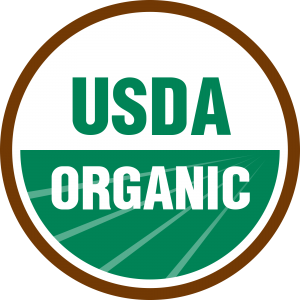
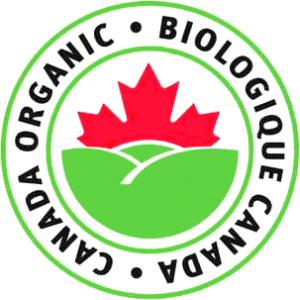
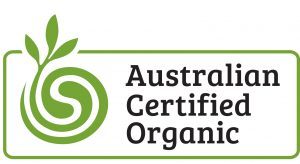
UK Standards
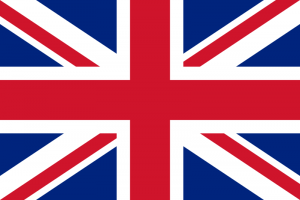
- No UK producers can grow genetically modified food commercially.
- Even after Brexit, the U.K. also follows this European Union standard:
- If a food contains more than 0.9% genetically modified ingredients, it must have a “genetically modified” label.
- Currently, people can only import genetically modified soybeans, corn, cottonseed oil, sugar beets and oilseed rape into the UK. So, no one can import genetically modified coffee.
U.S. Standards
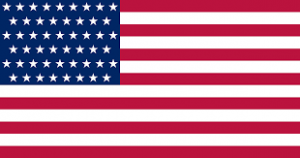
- Producers can sell any genetically modified food in the U.S., as long as the FDA approves the food as safe to eat.
- However, safety testing doesn’t consider the use of unsafe pesticides on modified crops.
- Safety testing isn’t thorough, either, and the manufacturer (not the government) usually conducts it.
- Also, people don’t yet know the long-term effects of genetically modified foods.
- Companies can voluntarily label their foods as genetically modified. They don’t have to do so by law.
- Thus, some conscious companies label their coffee and other foods as non-GMO. Ideally, third parties test and verify that claim.
Canadian Standards
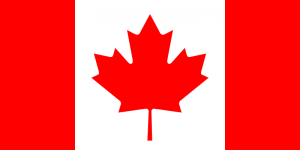
- Like in the U.S., Canadian producers don’t have to label modified food by law. Labeling is voluntary.
- A “regulatory framework” assesses if modified food is safe. Again, though, this doesn’t take pesticides or long-term effects into account.
- Companies often use voluntary testing and labeling to highlight unmodified products.
- Canada discourages non-GMO labeling of coffee and other products that don’t yet have a genetically modified version on the market.
- Remember, though, that the Canada Organic label reliably shows that a coffee has no genetically modified additives.
Australian Standards
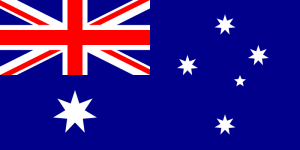
- To sell a genetically modified food in Australia, a producer must meet two requirements.
- First, the food must receive sales approval, including safety testing that confirms it’s safe to eat.
- Then, the producer of the food must label it as genetically modified by law.
- Thus, if an Australian coffee doesn’t say it’s genetically modified, it’s not modified.
Interested in selling coffee that’s certified as non-GMO? Learn more.




